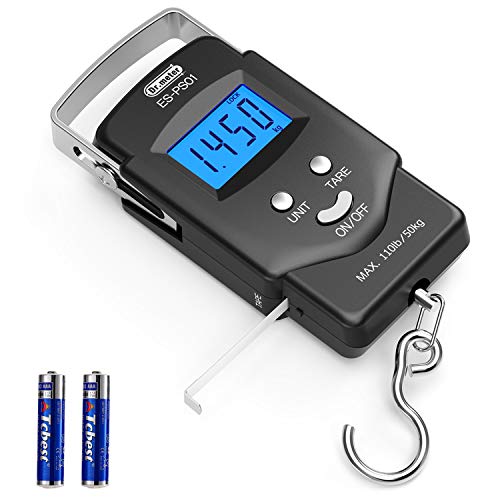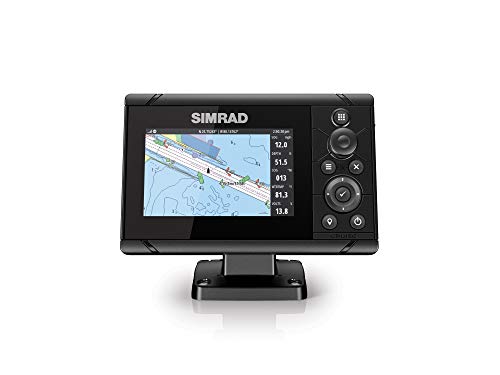Well I tell you, that starter's peak amperage is ~225 amps. I'm a fan of 'appropriately sized' dual-purpose batteries, there so much better for running and then drifting or anchoring with the electronics or stereo going. I'd guess that a Group 29 should be rated ~875 MCA and 675 CCA.
FWIW, in the last few years I've become a convert to the EverStart batteries sold by Walmart. Before you laugh ... the EverStart Marine batteries are made by Johnson Controls. And to top ot off, those Optima gel batteries are also a Johnson Controls company. If you comparison shop, you'll find the WW battery has a highest reserve amps, CCA, and MCA numbers when compared to batteries by West Marine, Sears, Bass Pro, or Exide. And, they'll be about $30-$40 cheaper per battery.
Some guys here run Optima or Cabelas brand gel-cells, but 99% of the boaters don't need that gel mat technology, as only features of installation, mounting, and overall robustness (from physical damage) is superior to a wet cell, nothing else.





























